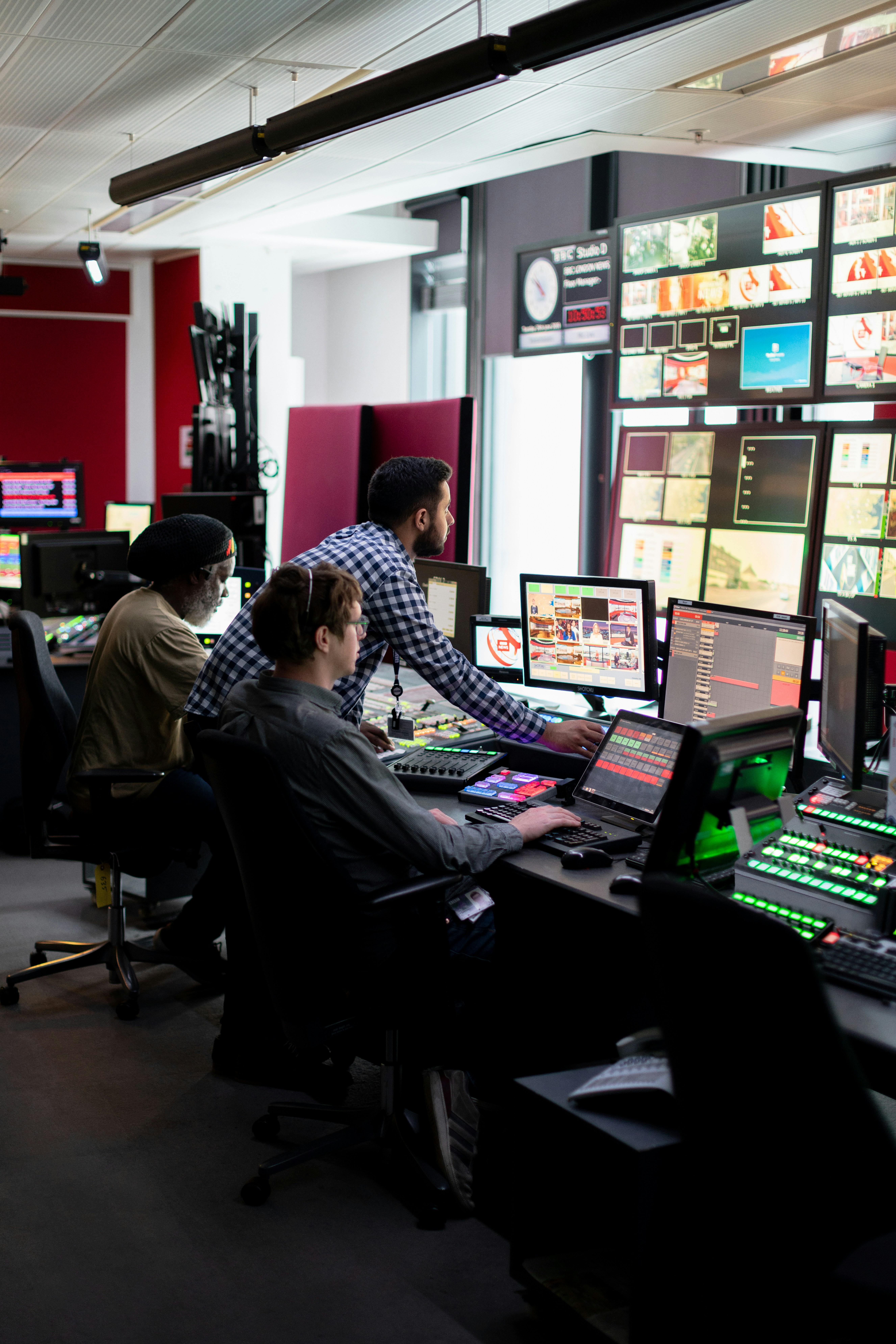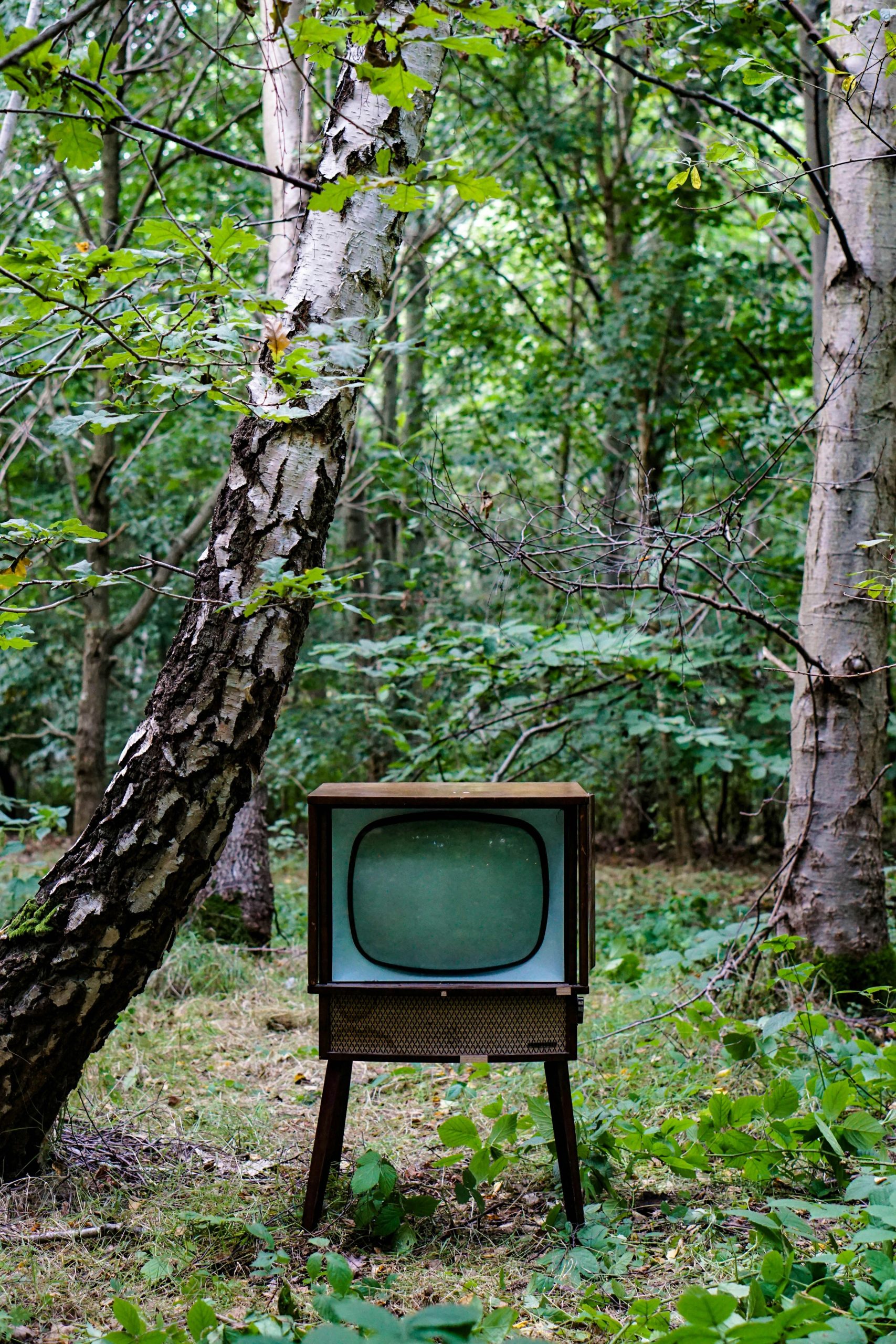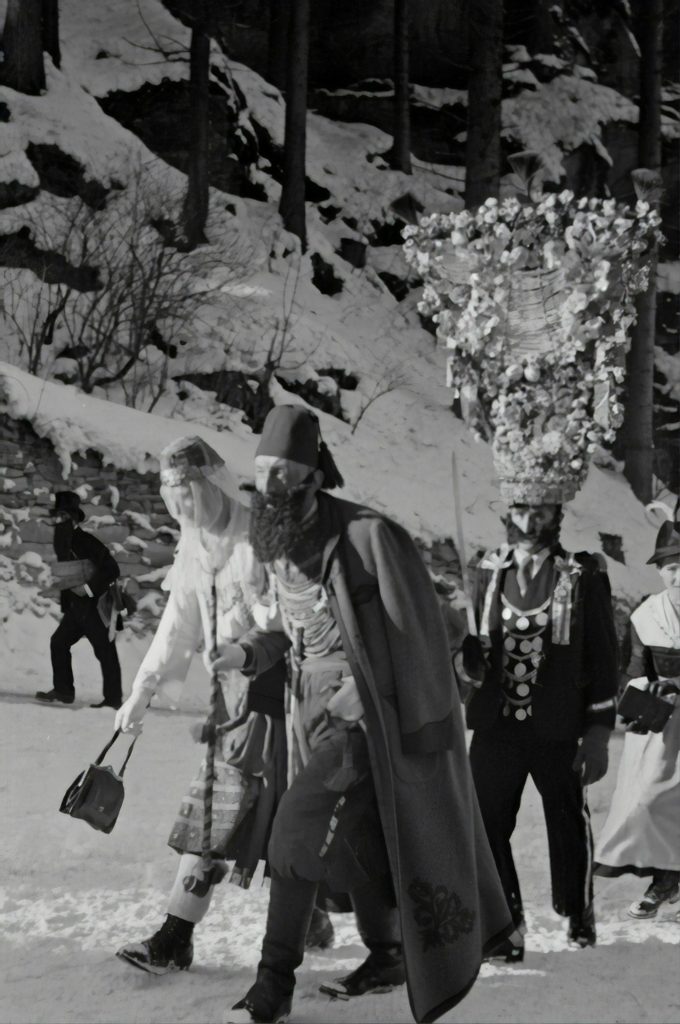In the ever-evolving landscape of television, where narratives shape perceptions and entertainment molds culture, reality TV emerges as a polarizing genre that straddles the line between trivial amusement and profound social commentary. As audiences toggle between channels, reality television, with its unscripted dramas and authentic, albeit sometimes exaggerated, human interactions, raises an intriguing question: does it warrant a place in serious television discussions? This genre, often dismissed as mere spectacle, invites a closer examination of its impact on society, storytelling, and the very definition of “serious” television. In this exploration, we delve into the intricate layers of reality TV, examining its cultural significance, its potential for meaningful discourse, and its undeniable influence on the broader televisual landscape.
Reality TVs Unexpected Influence on Cultural Narratives
In recent years, reality TV has woven itself into the very fabric of our cultural tapestry, often blurring the lines between scripted drama and unscripted life. While traditionally dismissed as frivolous entertainment, reality TV has undeniably shaped cultural narratives in profound ways. It provides a mirror reflecting societal values and norms, often amplifying voices and stories that might otherwise remain unheard. By showcasing diverse lifestyles and perspectives, reality TV challenges viewers to reconsider their own beliefs and biases.
Reality TV’s impact on cultural narratives can be observed in several ways, such as:
- Representation: Reality shows have increasingly become platforms for underrepresented groups to share their stories, fostering greater awareness and empathy among viewers.
- Social Issues: Topics like mental health, gender identity, and economic disparity are frequently explored, sparking public discourse and sometimes even influencing policy changes.
- Celebrity Culture: The rise of reality TV stars has transformed the traditional celebrity landscape, redefining what it means to be a public figure in the digital age.
As reality TV continues to evolve, its unexpected influence on cultural narratives cannot be overlooked. It challenges the notion of what constitutes “serious” television, inviting both criticism and celebration of its role in shaping modern culture.

Blurring the Lines: Entertainment Versus Reality in Television
In the ever-evolving landscape of television, the distinction between entertainment and reality has become increasingly blurred. Reality TV, once dismissed as mere guilty pleasure, has steadily carved out a niche for itself in serious television discussions. It has transcended its initial reputation, emerging as a cultural phenomenon that sparks dialogues on social norms, human behavior, and ethical boundaries. Shows like Black Mirror often explore dystopian futures through fictional narratives, yet the most gripping moments sometimes come from unscripted programs that mirror societal issues in real-time. Reality TV offers a raw glimpse into human experiences, often raising questions that resonate with audiences on a deeper level.
- Authenticity vs. Fabrication: While many criticize reality TV for its scripted elements, others argue that it holds a mirror to society, capturing genuine emotions and situations that are relatable to viewers.
- Cultural Reflection: These programs often become a canvas for discussing important social issues, such as class dynamics, mental health, and identity.
- Viewer Engagement: The interactive nature of reality TV allows audiences to participate in discussions, vote for outcomes, and even influence the direction of the narrative.
As we navigate this intricate tapestry of televised content, reality TV’s role in serious discussions cannot be ignored. It challenges the traditional boundaries of storytelling, offering a platform where the line between reality and entertainment is not just blurred, but artfully intertwined.

The Role of Reality TV in Shaping Public Perception
Reality TV has undeniably woven itself into the fabric of modern media, influencing how audiences perceive both ordinary life and extraordinary circumstances. These shows often blur the lines between reality and fiction, creating a hybrid narrative that impacts public perception in profound ways. On one hand, reality TV provides a platform for diverse voices, showcasing lifestyles and cultures that might otherwise remain in the shadows. This exposure can foster understanding and empathy, allowing viewers to connect with stories outside their own experiences. On the other hand, the curated nature of reality TV can sometimes distort reality, emphasizing sensationalism over authenticity, which may lead to skewed perceptions of the world.
- Diverse Representation: Reality TV often highlights various cultures and lifestyles, potentially broadening viewer horizons.
- Sensationalism: The tendency to prioritize dramatic elements can sometimes mislead audiences about real-world issues.
- Empathy and Understanding: By exposing viewers to different life stories, reality TV can cultivate a deeper sense of empathy.
- Curated Narratives: Editing and production choices may shape narratives, impacting the authenticity of the content presented.
While reality TV may not always be considered “serious” television, its role in shaping public perception is significant and multifaceted. It challenges traditional media paradigms, inviting discussions about authenticity, representation, and the impact of media on societal views. This genre, therefore, deserves a place in discussions about the influence of television on public consciousness, offering both cautionary tales and opportunities for growth.

Incorporating Reality TV in Academic and Critical Discourse
Reality TV, often dismissed as frivolous entertainment, has increasingly found its way into academic and critical discussions, shedding light on cultural phenomena, societal norms, and human behavior. By examining reality TV through an academic lens, scholars and critics can explore a variety of themes, such as:
- Identity and Representation: Reality TV often mirrors societal attitudes towards race, gender, and class, offering a rich tapestry for analysis of how different identities are portrayed and perceived.
- Consumer Culture: Shows often reflect consumerist values and the commodification of everyday life, providing a fertile ground for critique and discussion.
- Media Ethics: The manipulation of narratives and ethical considerations of consent and privacy in reality TV production can serve as critical case studies.
Integrating reality TV into academic discourse not only broadens the scope of media studies but also challenges preconceived notions about what constitutes ‘serious’ television. By embracing these discussions, we acknowledge the impact of reality TV as a cultural artifact worthy of study and critique.









